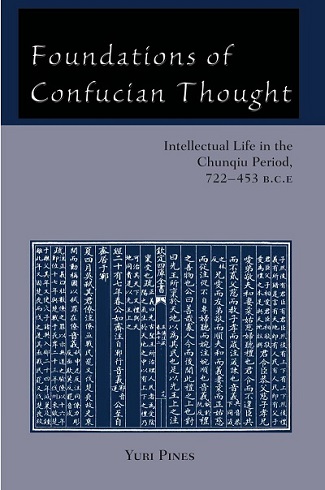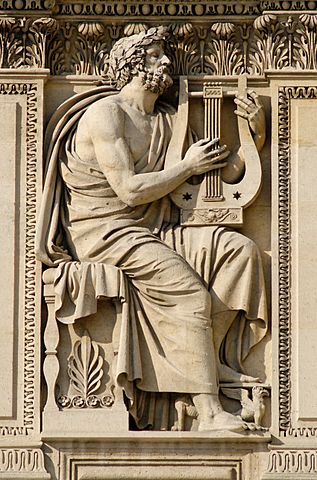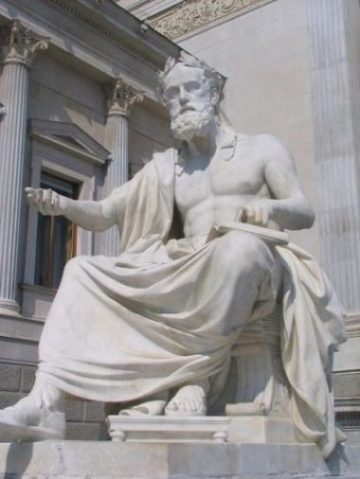Foundations of Confucian Thought

A few years ago, I read and reviewed Yuri Pines’ book The Everlasting Empire, which I highly recommend to anyone interested in Chinese intellectual history, or Chinese history generally for that matter. Since I enjoyed that book, when I was looking for more work on Confucianism a while back I picked up one of his earlier books, Foundations of Confucian Thought: Intellectual Life in the Chunqiu Period, 722-453 B.C.E. Confucius and his followers did not, of course, emerge from nowhere, so a full understanding of Confucianism requires some knowledge not just of their source materials (primarily the Five Classics), but the intellectual milieu they originated in.

